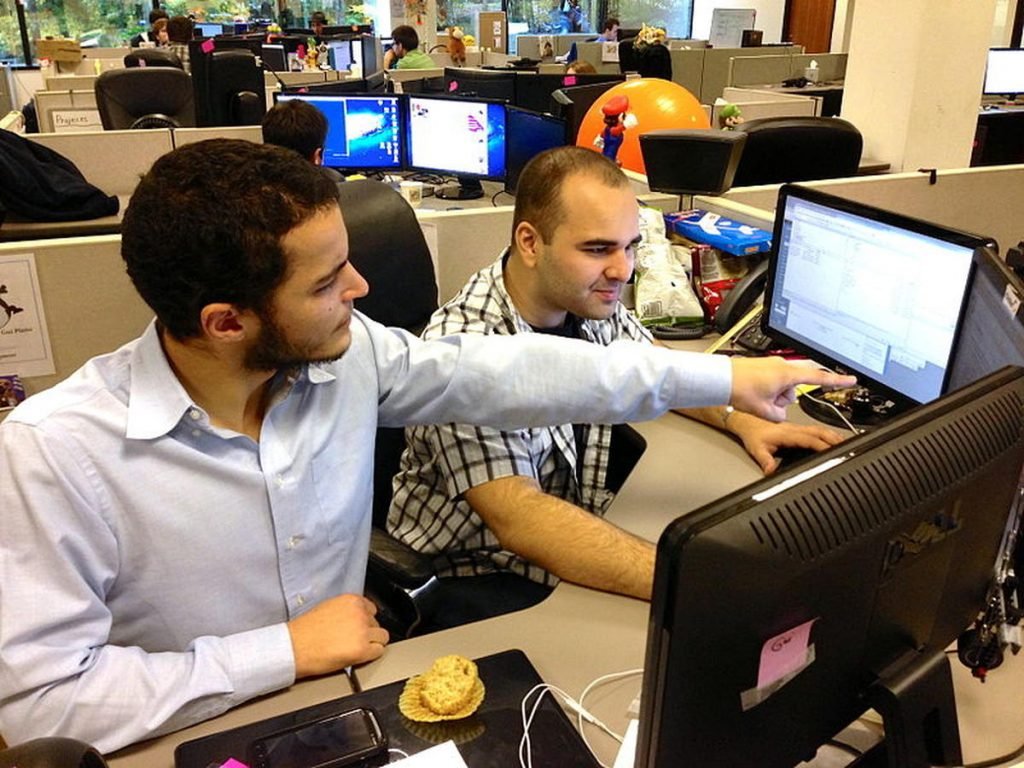Last updated on April 6th, 2024 at 08:15 pm
In the modern context of web designing and development, one common confusion that arises among those that are invested in the industry is the history and future of full stack development. One of the main reasons behind this debate being the convoluted origin of this term and how it matured and became mainstream over the years.
In this article we will explore the past as well as the future of full stack development, so that you as a developer can understand the true meaning of this terminology, how this will shape the future and decide if you should undertake a course in full stack web development.
History of Full Stack Development
If you look at it from an eagle-eye view, full-stack development has existed since the beginning of programming, but the meaning of the term in its current context is not the same as it was before.

The current meaning of full stack development only came to light in 2008, when designing for the web as well as mobile became mainstream. Earlier to this, the term in a different capacity was regularly used in the 1970s as well as 80s. The main reason behind this being, at that time there was not much difference between a back-end programmer and a front-end one. Back then, a programmer was a programmer and he could handle and operate both the hardware as well as software end of operations.
Slowly over time, the distinction between both these ideologies grew and two different streams of application came into the picture, frontend and backend development. In early 2008, full stack web development as a term started gaining momentum and over the years it has come to become one of the most in-demand job roles of present times.
Full Stack Web Development of Today
Now that you have an idea about the history of full stack development, let us understand what full stack development implies today. In order to understand this debate better, you need to first know the two sides competing with each other. First, there is the side that promotes the cross-functional benefits of full stack development and then there is the other which continues to support the fact that one person cannot be proficient in multiple disciplines and thus this job role should be discontinued.
The first party who embraces the benefits of full stack development encourages developers to learn the technology and further optimise their skills, as they are of the belief that as a programmer, the more you understand stack, the easier it will be for you to implement in your applications.
On the other hand, the second party engages in the belief that there should be two different disciplines and programmers need to choose which side to specialise in. The main reason behind their belief is in the fact that not one person can have expertise in both areas and thus this demand for the creation of two different disciplines of programming.
Future of Full Stack Development
As you might have understood from the above arguments, the future alignment of both these ideologies looks like a far-fetched dream, but subject matter experts are of the belief that slowly but surely a unified view will emerge in the industry, which will be responsible for shaping the future of programming.
In a recent literature review, a unified definition of full stack web development for the future was published. It states, “Full stack development is a methodology which addresses all stack layers and in doing so creates a complete, implementable solution to business requirements. Full stack developers have broad experience among all stack layers and expertise in a few layers. They should be able to render a minimum viable product in a given stack.”
Conclusion
Thus, although the clear definition of full stack development gives the feel of a distant dream, slowly but surely it will emerge to shape the future of programming.

